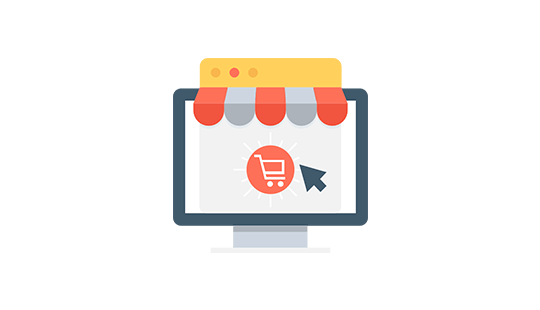What makes any online business successful is an entrepreneur’s commitment to delivering amazing customer experiences, have effective market strategies in place, the right operation efficiencies, and the perfect team And, all this is impossible without the best e-commerce platform in place.

Therefore, choosing the right e-commerce platform for your business becomes your first step to ensure the long-term growth of your business. But before that, let’s have a look at what is an e-commerce platform and what is the need to have it.
What is an e-commerce platform and why should you use it?
An e-commerce platform is a kind of solution/software that enables online businesses to build, operate, and maintain their businesses easily spanning all functions including website, operations, marketing, and sales.
Irrespective of whether you have a brick-and-mortar setting, or you are seeking an enterprise e-commerce software or thinking of beginning your online site journey, whatever platform you choose will make or break the deal for you.
Why? Because it will impact your stability and profitability in a big way. Sometimes, people seek alternatives to utilizing a top e-commerce platform which is building an online shopping site from scratch which is neither feasible nor powerful given the big challenges small businesses face every single day.
Another one is making use of plugins. Again, if you want scalability, you can’t rely on plugins for that. You need a full-fledged e-commerce platform.
Now, let’s have a look at types of online e-commerce platforms:
Three Types of Online E-Commerce Platforms
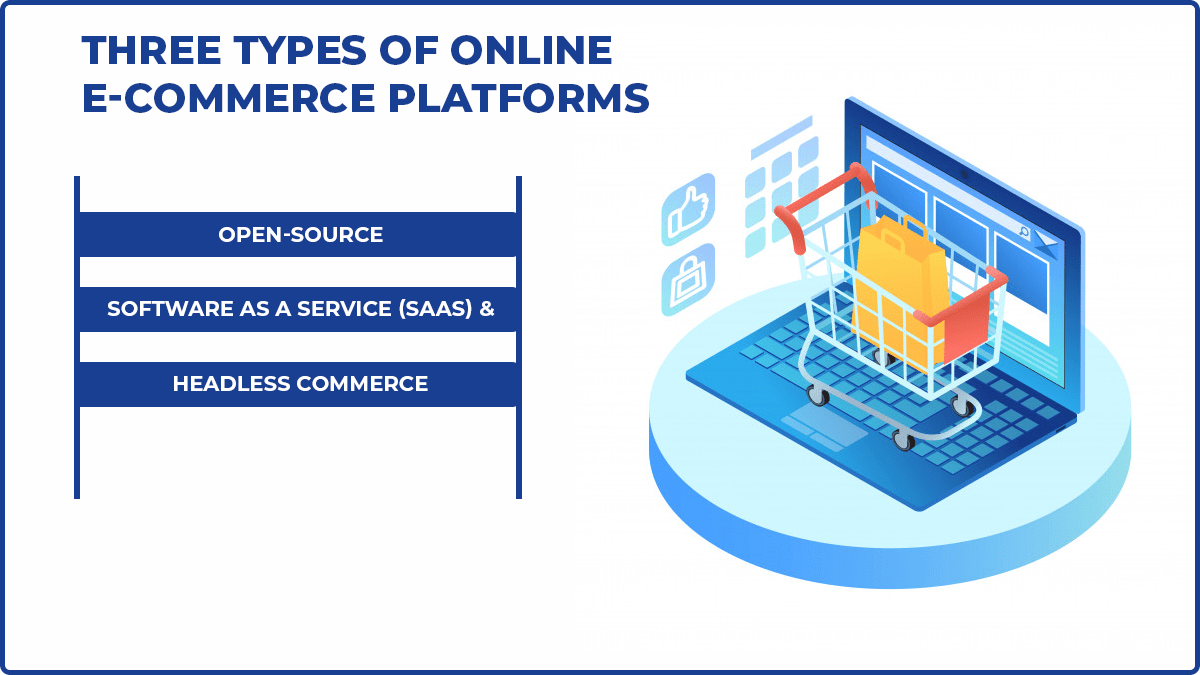
Following are three main ways to categorize the different kinds of online e-commerce stores:
● Open-source
● Software as a Service (SaaS) &
● Headless Commerce
Apart from this, there are 2 other ways you can classify the top e-commerce platforms as per the hosting environment. Remember, every entrepreneur requires a hosting environment to have an e-commerce site. These are:
● Hosted Environment
● Self-hosted Environment
Open-Source E-commerce Platforms
Open source platforms are those online e-commerce solutions that can be modified easily without any restrictions.
Open-source e-commerce platforms run on cloud or on-premise however you are required to manually implement all the patches and updates across space.
This type gained popularity in the early 2000s and is still popular amongst IT people and business owners who want absolute control over their online e-commerce space.
SaaS E-commerce Platforms
These are the platforms that eliminate most of the complexities of operating and maintaining an online e-commerce business and helps entrepreneurs manage the software smoothly.
There is no need to build and develop a tailored solution or have an open-source solution because you can rent it.
This helps in cutting down on development costs and is cheaper as compared to open-source solutions.
A SaaS provider comes with all the functionalities like security, product updates, PCI compliance, hosting, and all other tasks that are needed to manage your very own platform.
The hosting environment is cloud-based.
Headless E-commerce Platforms
A segment of CaaS eCommerce, headless commerce is the one where shopping is separated from the content management system (CMS).
Here business owners get the flexibility to utilize DXPs that design experience platforms like Bloomreach, Adobe Experience Manager, and Content Management System (CMS) such as Drupal or WordPress.
After this, they use a plugin for a separate online shopping cart solution to act like a cart. BigCommerce can also be used here; owing to the loss costs and high API scalability.
The hosting environment for this one is also cloud-based.
Let’s now move to the benefits of having an e-commerce platform in place.
E-commerce Platform and Its Benefits
Whether the e-commerce platforms are hosted in the cloud or on-premise, e-commerce platforms provide few operational advantages and helpful business tools, not forgetting their security and scalability.
Let’s have a look:
● Merchandising
● Effective product management
● Pricing
● Product search provisions
● Promotions and discounts
● Personalization of sales, services, and products (for eg. Payment gateways, mobile applications, add-ons, marketing tactics)
The platforms that offer entrepreneurs the provision to tailor the product information and the way it’s solicited to match the requirements of online retailers can be a win-win situation for both the customers and business owners.
Important Features of Online E-Commerce Platforms
Each e-commerce store has different requirements and picking the right platform fully depends on the framework’s capability to resolve daily challenges in your organization.
However, listed below are a few basic things you can’t miss concerning features:
● Robust hosting and domain name
● Infinite API calls
● Free drag and drop functionality and themes
● In-built integration with various apps.
● Mobile-friendliness
● Fully PCI compliant
● Fully customizable and SEO optimized
● Built-in e-commerce functionalities like inventory management, shopping cart, payment processes, and much more.
What All Things You Should Look Out for When Choosing the Best Enterprise E-Commerce Platform?
Integration With Social Media:
Built-in integration with platforms like Instagram, Facebook, and Pinterest allows you to market your products directly in the main accounts and news feeds. So, look for this option without fail.
Several Products You Want to Sell:
Remember if you have a big range of products to be sold, then go for a platform that has a high SKU as low SKU will limit the functionality of your business.
Customer Service is Important:
This is one point you can’t afford to miss. E-commerce business is an everyday affair and if you don’t get hold of the customer support from the team itself it becomes a headache.
That said, let’s quickly uncover the best e-commerce frameworks for you:
Top 10 E-commerce Platforms
So, let’s compare these best enterprise e-commerce platforms to find the one that best suits your requirements:
Shopify
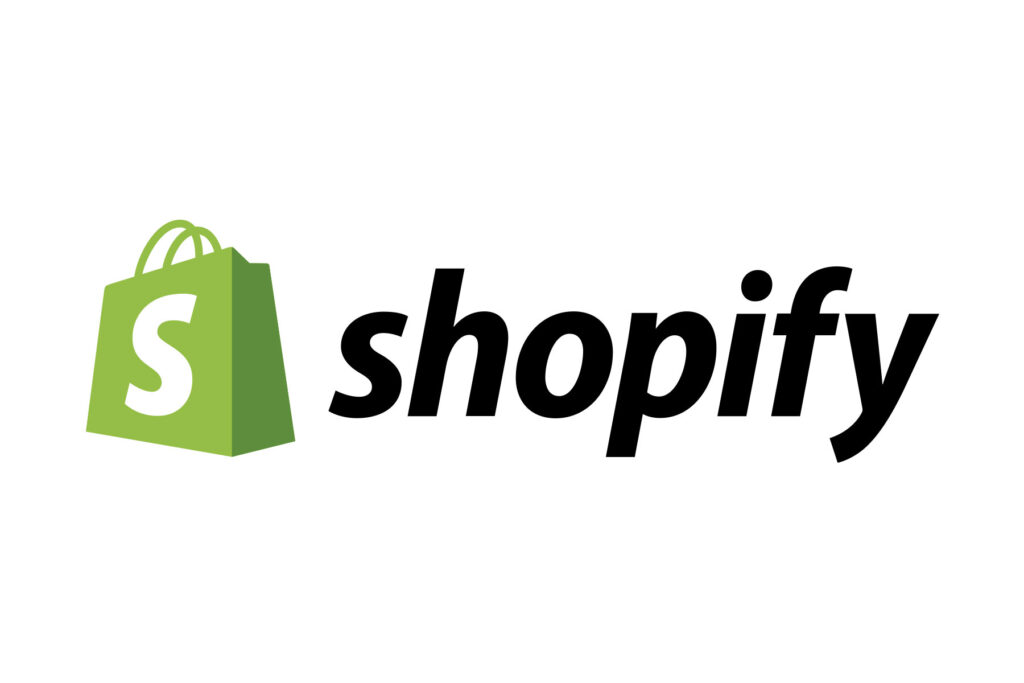
Want whopping sales? Shopify is the best open-source e-commerce platform for you. Whether it is drop shipping, or running those robust Facebook campaigns, or engaging in Instagram marketing, Shopify can give you results that other most popular e-commerce platforms can’t. But the downside is, don’t use it if you want a highly optimized SEO site.
Also, if you are looking to hold a large range of products, Shopify is not suggested. It’s quite simple to set up an e-commerce site with this platform’s great drag and drop functionality. Another thing is that it is great for those who are novices in the field.
Kibo Commerce

A beautiful platform, Kibo Commerce helps retailers as well as renowned brands to get the most out of their B2C and B2B business through amazing unified customer experiences. With close to 50 years of innovation going into this platform, Kibo ensures it provides a holistic omnichannel e-commerce platform that too at very cheap prices. It loads fast and is just amazing to use.
Zen Cart

Another one of the best e-commerce platforms is Zen Cart which is free, open-source, and quite user-friendly. Not only this, but the Zen Cart e-commerce platform has also its program designed by a crew of like-minded people who are shop owners, designers, programmers, and consultants. This makes it a platform that is high on usability because these people come from the online shopping industry and they know what kind of web design should be there when it comes to an e-commerce store.
EWCart
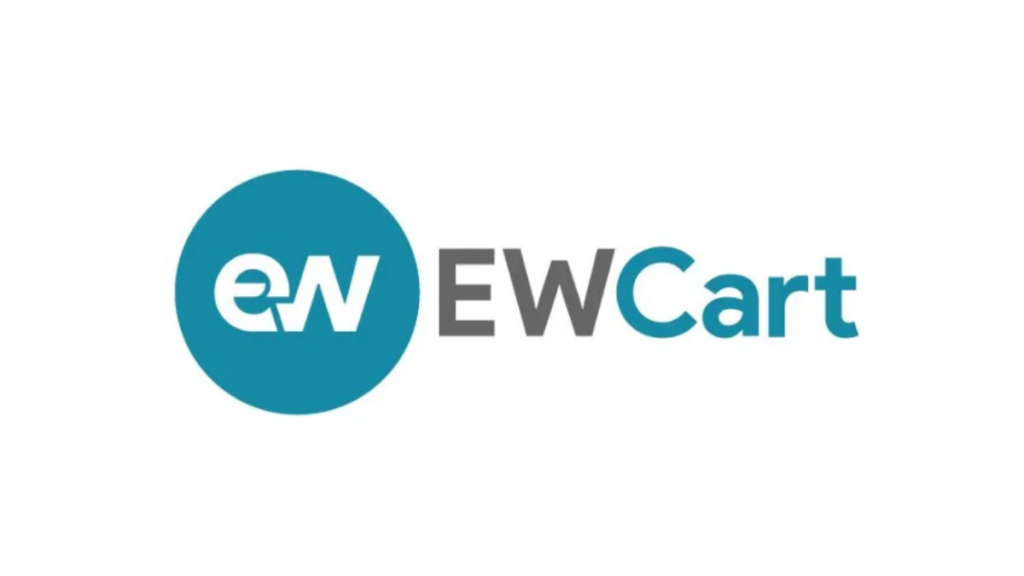
Often said as the best e-commerce platform for small businesses, EWCart comes with no added headache of hiring web developers as it is self-sufficient. With EWCart in your kitty, you can get a professionally done e-commerce store without spending a single buck. Isn’t it amazing?? The platform provides you with tools that help your small business flourish without those additional costs. The platform well understands the challenges of small businesses, therefore, it gives you a fully customizable website functionality so that you can start creating your online presence immediately.
3D Cart
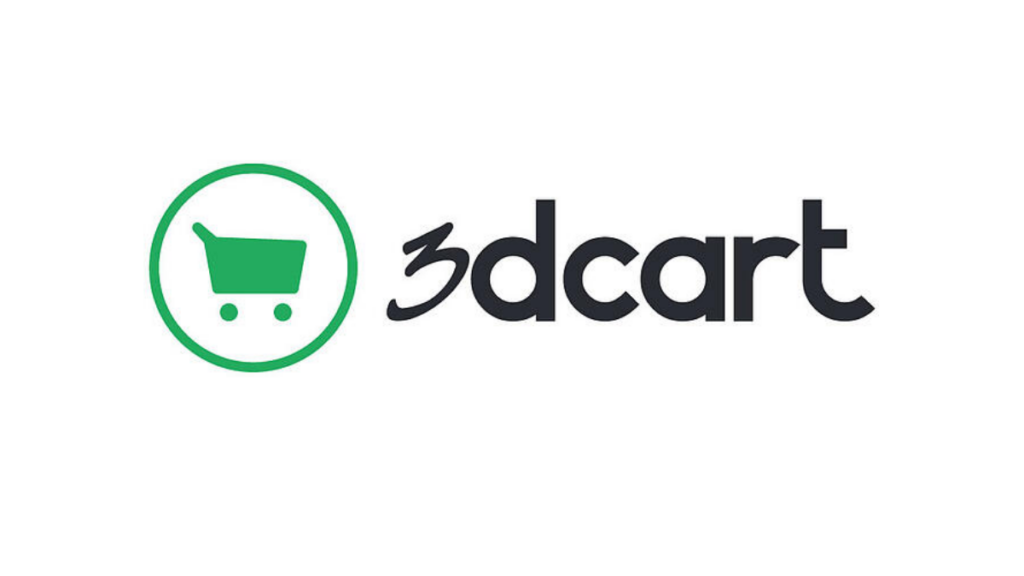
Founded in 1997, 3DCart is still one of the main choices of entrepreneurs who are looking to open online stores. 3DCart helps you get an edge over the competition by extending your 100s of functionalities directly into the software. With 3D Cart onboard, entrepreneurs can easily start, work, and maintain a flourishing e-commerce store with simplicity and efficiency.
BigCommerce
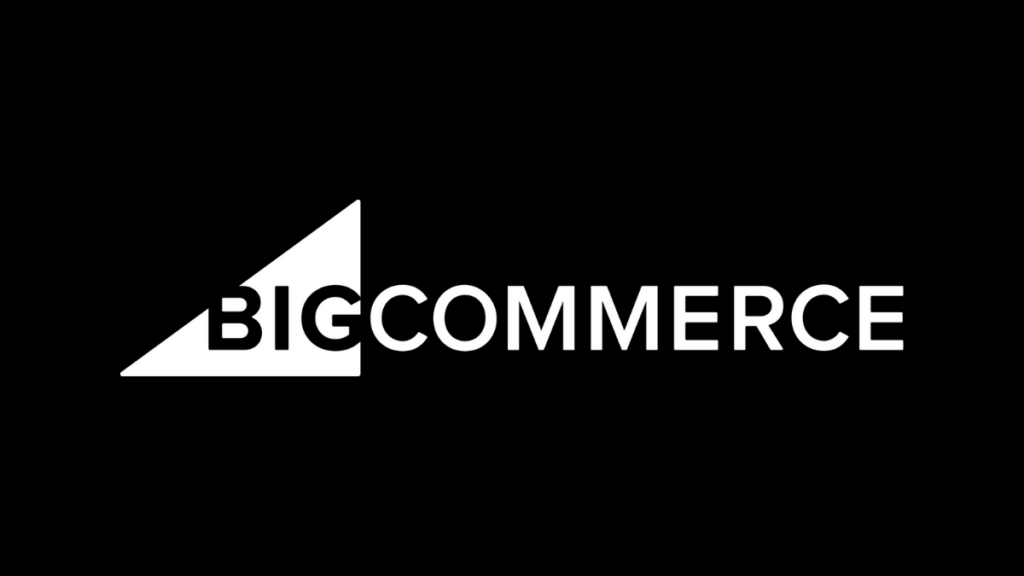
BigCommerce comes with a powerful product search feature making it a fitting choice for big enterprises as well as those who are just starting an e-commerce store. Even those in the brick-and-mortar setting looking to expand their business can also go for this online e-commerce platform.
Usable across all the industries, BigCommerce is known for its customizable options and flawless user interface which makes online shopping websites a no-coding affair. While it doesn’t need any specific web developer skills, people with HTML and CSS can play with it. Customer-centric templates are an added advantage of BigCommerce.
Squarespace
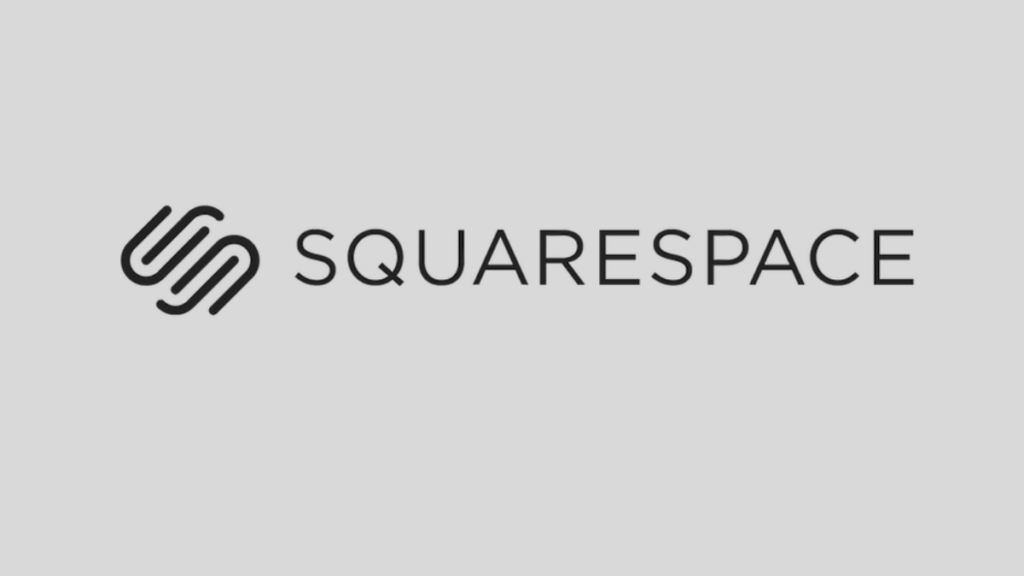
Squarespace is one of the popular e-commerce platforms that also provides you with drag-and-drop functionality. Found in 2003, Squarespace comes with beautifully tweaked templates and designing capabilities. If you are someone who loves simplicity, then Squarespace is the choice to make. Another thing that makes it stand out is its compatibility with print-on-demand online store requirements. Coming with a very low price tag, this is one cheapest e-commerce platforms also known for smooth access to inventory, marketing, social selling, analytics, and even SEO.
Weebly
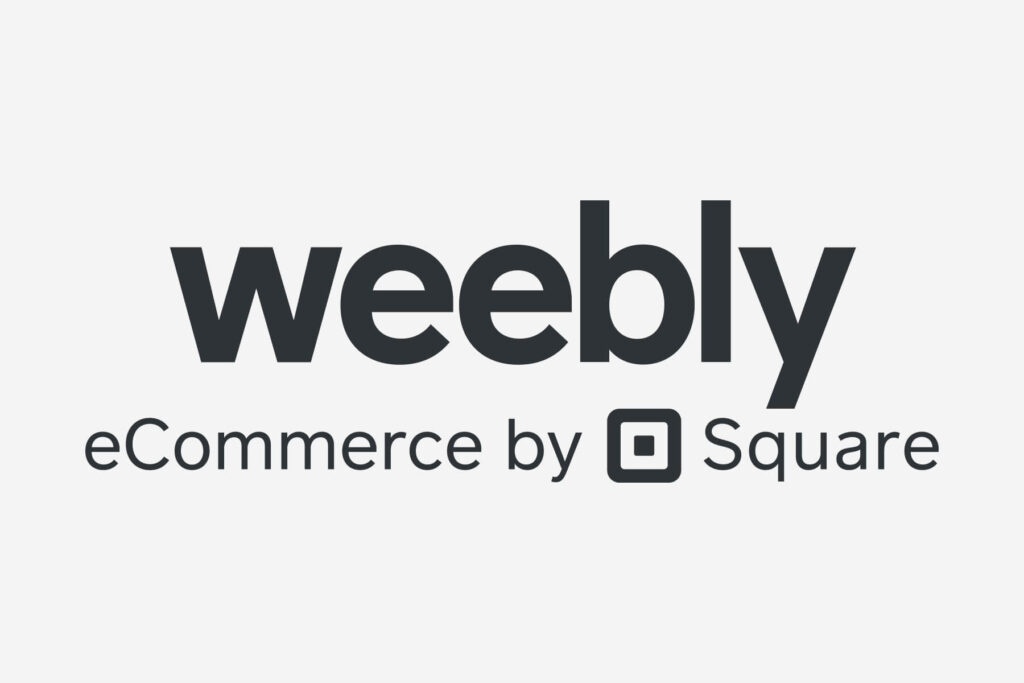
With more than 40 million users, Weebly is a fantastic choice for those who are in search of a simplified e-commerce store with built-in marketing automation. But, remember to only use Weebly when SEO is not big on your list.
Where some of the top platforms do not have the sophisticated features, Weebly has managed to stand out by adding all such functionalities that almost eliminate the need for a developer. While it has both free and premium plans to offer, the premium plan is apt for e-commerce stores because the free plan lacks relevant functionalities such as tailored shopping carts, inventory management, and coupons.
WooCommerce
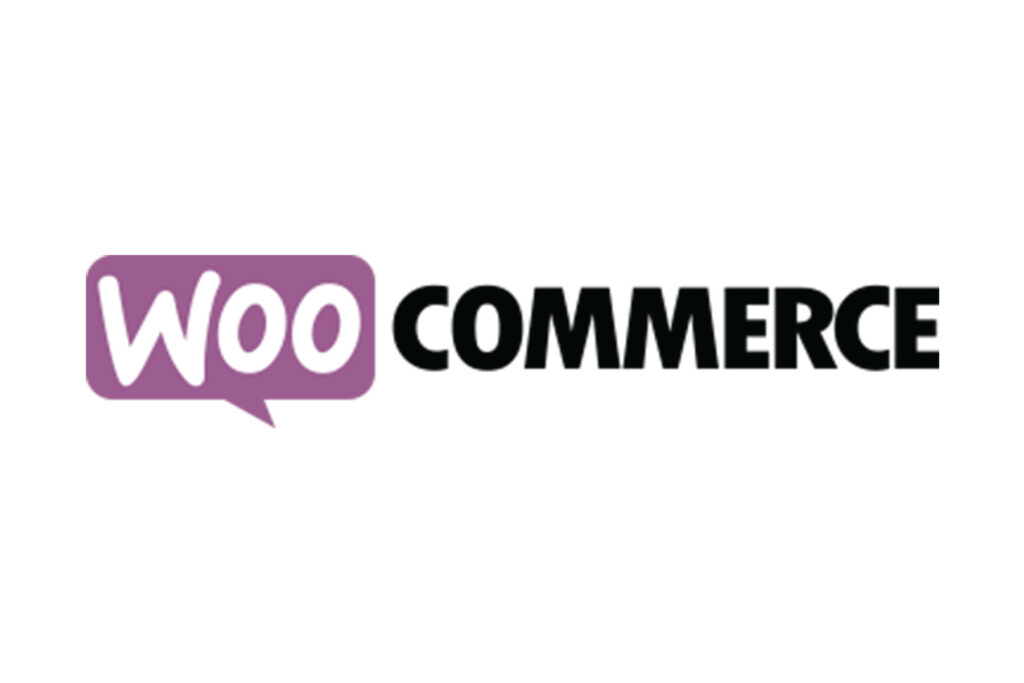
WooCommerce is a one-of-its-kind single e-commerce platform that runs both an affiliate site and an e-commerce store under one umbrella. Working with WordPress, WooCommerce can convert any normal website into a fully functional online store. It comes with a wide variety of extensions and plugins that allow you to integrate your online store easily with social media handles, payment gateways, email marketing, 1-click shipping, and much more. If WordPress is your cup of tea then you’ll adore this super-platform for building e-commerce sites. Just install it, add the products you want to sell, and make your setting. You’ll be good to go.
Wix

Talk of top 10 e-commerce platforms, Wix doesn’t get a mention, not possible. A great option for entrepreneurs who cherish simplicity, Wix offers innumerable designing choices to their customers. Wix is quite beginner-friendly and mostly tops when it comes to on-page customer service while you are building your e-commerce store. You can very easily reap the benefits of drag and drop elements to fill your store with cool videos, added functionalities, and have a desirable e-commerce store. With more than 500 themes, it’s not a platform you should miss.
Let’s now run through a few common FAQs related to e-commerce platforms:
What are the Most Popular E-Commerce Platforms?
Shopify, WooCommerce, and BigCommerce are the most popular e-commerce platforms for use by small businesses. But, don’t forget that each online solution has its pros and cons. Better is to learn from other’s experiences and get hold of your specific requirements that will help you choose the best one.
Should I Use an E-Commerce Platform or Get a Custom Solution Made From Scratch?
Well, if you compare the cost and time invested in both things, you will get the answer. Opting for an e-commerce platform is much better than getting some custom solution made. The latter will not only eat up a big chunk of your business cost but is a time-consuming affair. It is not at all feasible and will only become a headache for you in the long run because of its limitations. Whereas on the other side, online e-commerce platforms come with all the functionalities and features you need to have an online business without spending a big fortune. So, go for an e-commerce platform whatsoever.
Is There a free E-commerce Platform?
Yes, you have options to go for a free e-commerce platform but remember with free options you will always have a lot of limitations on features. To start with it is a good option but as you grow you will feel the need to update from a free plan to a paid one. So, please keep that in mind too.
Just keep in mind that you know what your specific requirements are, what is your exact budget and how you want your website to look like. Once you have a blueprint in your mind, it becomes quite easier to not just shortlist but pick the best e-commerce platform for you.
Go through all these steps and you will surely find the best one for yourself resulting in a win-win solution for both you and your customers.
So, if you are looking to build an online store, go for any of the above listed top e-commerce platforms. You won’t be disappointed.
